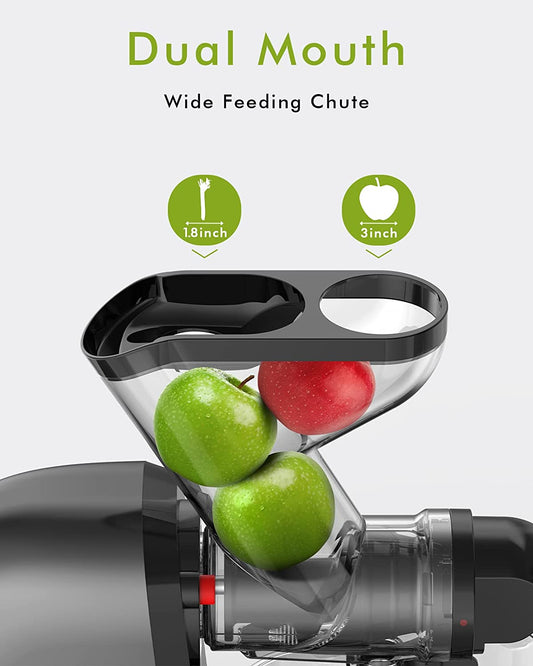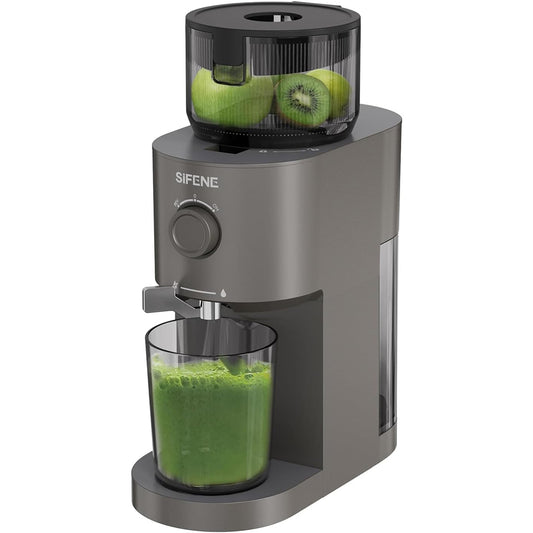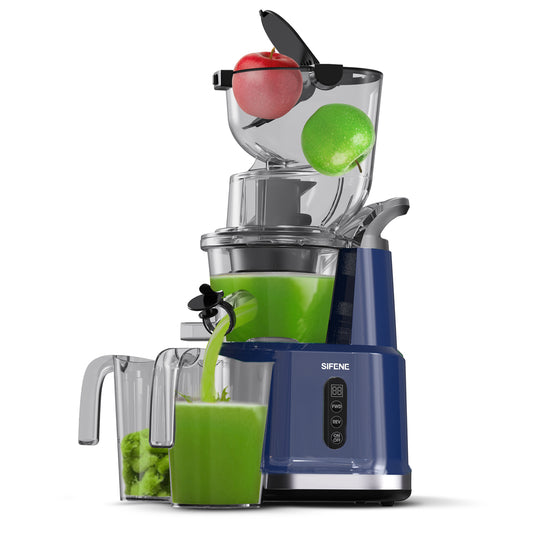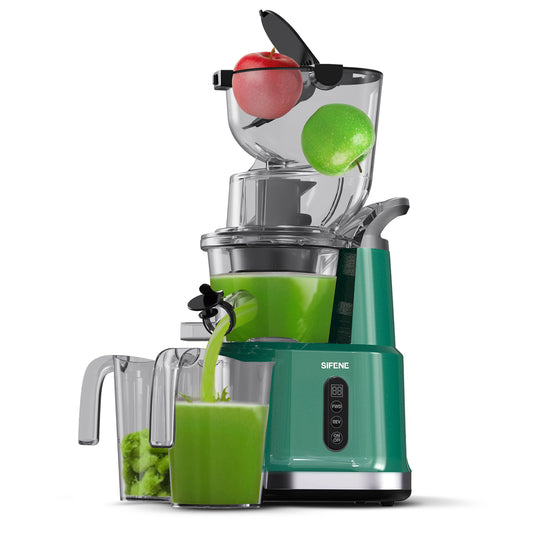1 You may reduce your risk of bone fractures.
Coconut is a great source of copper, and although most people aren't truly deficient in copper, some may not get enough.
Copper helps your body make red blood cells and keeps nerve cells and your immune system healthy. It also helps form collagen, a key part of bones and connective tissue. Your body also needs copper to make energy.
2 If you're obese, you may lose weight.
You would have to replace the other saturated fats in your diet with coconut in order to get the benefit of coconut's medium-chain triglycerides. These fatty acids can potentially promote weight loss by reducing body fat, increasing fullness, and potentially improving your gut environment.
3 You may fight against foodborne illness.
Coconut can help fight against any illness that comes from contaminated food and bacteria. Certain bacteria that can be present include Staphylococcus epidermidis, which can cause wound infections, boils, sinus infections, and other inflammations, and Escherichia coli (E. coli), which can cause severe stomach cramps, often bloody diarrhea, and vomiting.
4 Your cholesterol may go up.
Coconut is high in saturated fat, which plays an important factor when it comes to raising cholesterol levels, especially for those who are genetically affected by saturated fat.
If coconut oil is your favorite cooking oil, be aware that it's extremely high in saturated fat, and has 50% more than butter. So you may want to rethink pouring it liberally. Coconut oil has been shown to raise both bad and good cholesterol.
5 You may help to protect your body against cancer.
Coconuts contain the polyphenols gallic acid and caffeic acid, both of which help to protect the body against cancer thanks to their potent antioxidant properties.
The Anti-Cancer Agents in Medicinal Chemistry Journal also shows studies have reported that the fatty acids in coconut oil may have anticancer potential and may trigger cell death in cancer cell lines.
6 You may get a lot of sugar.
If your favorite way to eat coconut is in a form that has been processed with sugar, you may unknowingly (or knowingly) be racking in the teaspoons.
One cup of sweetened dried coconut typically contains about 10 teaspoons of added sugar—and coconut lovers typically don't stop at just one cup!
7 You may help to improve symptoms of Alzheimer's.
Although more research is needed, a 2015 review article posted in the British Journal of Nutrition showed the effects of medium-chain triglycerides (MCTs)—a type of fat found in coconuts—on Alzheimer's patients and found that MCTs helped to make significant cognitive improvements.
Featured collection
-
Dual Mouth Masticating Juicer Max Gray
Regular price $129.99 USDRegular priceUnit price per$99.99 USDSale price $129.99 USD -
Dual Mouth Masticating Juicer Max White
Regular price $129.99 USDRegular priceUnit price per$99.99 USDSale price $129.99 USD -
Whole Fruit Cold Press Juicer Large Feed Chute Gray
Regular price $129.99 USDRegular priceUnit price per$149.99 USDSale price $129.99 USDSale -
Whole Fruit Cold Press Juicer Large Dual Mouth Blue
Regular price $129.99 USDRegular priceUnit price per$199.99 USDSale price $129.99 USDSale -
Whole Fruit Cold Press Juicer Large Dual Mouth Green
Regular price $129.99 USDRegular priceUnit price per$199.99 USDSale price $129.99 USDSale











1 comment
JNKdelEZWRMLvu